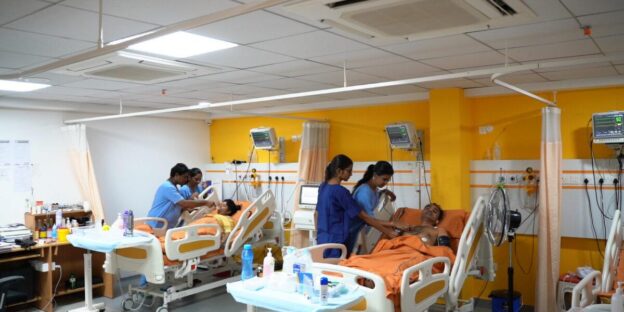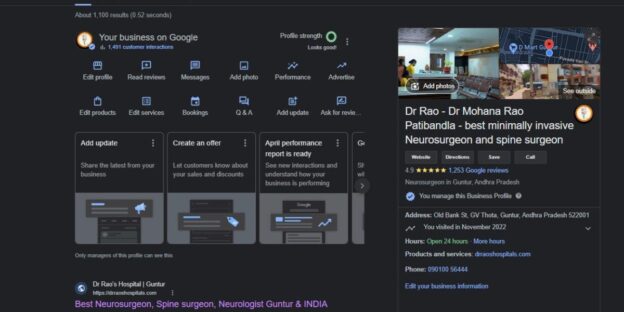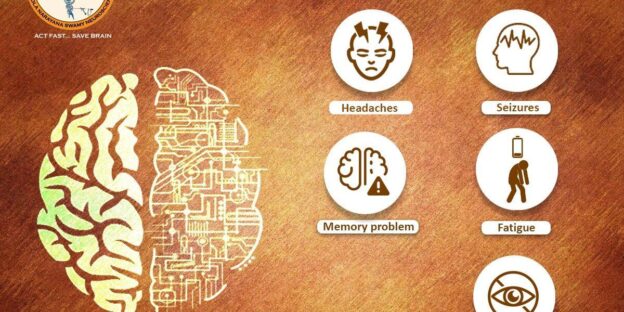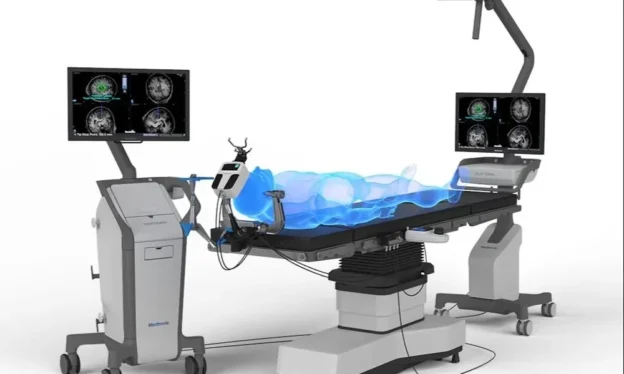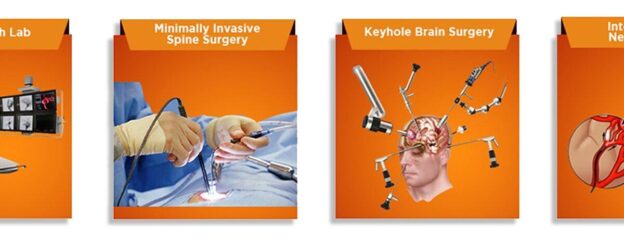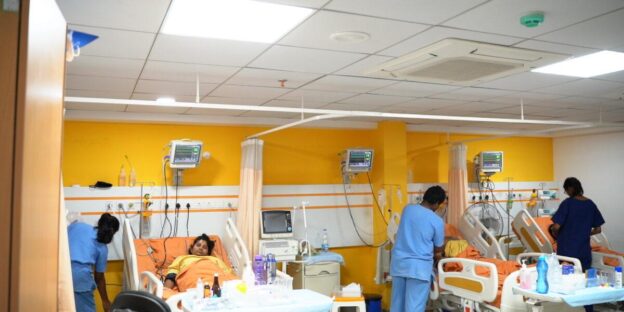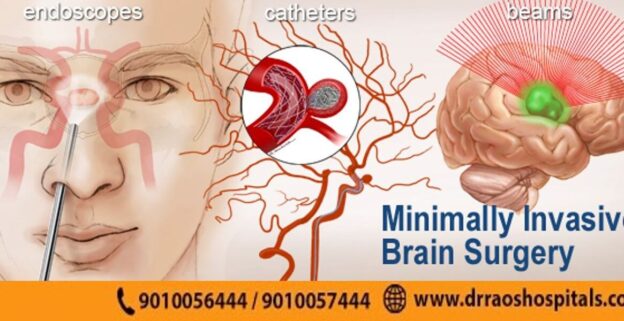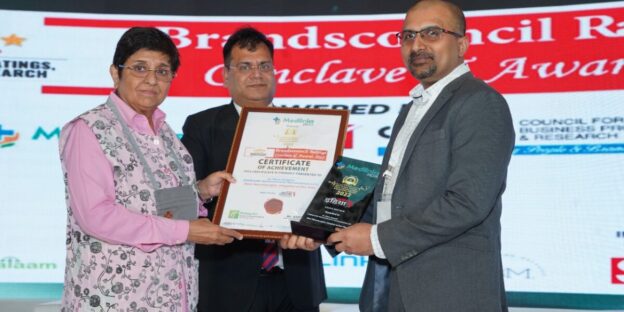Neurological Challenges – Effective Strategies to Improve Daily Living
Discover effective strategies for daily living with neurological challenges. Dr. Rao, the best neurosurgeon in Guntur, India, and Dr. Rao’s Hospital provide expert care and support.
Introduction: Living with a neurological condition can present unique challenges that affect various aspects of daily life. Whether you or a loved one are dealing with a neurological condition, it’s essential to understand effective coping strategies that can improve quality of life. In this blog, we will explore strategies for daily living while highlighting the expertise of Dr. Rao, the best neurosurgeon in Guntur, India, and the exceptional care provided by Dr. Rao’s Hospital, the top neurosurgery hospital in the country.
- Seeking Expert Care: When faced with a neurological challenge, it is crucial to consult a specialist who has the expertise and experience in managing these conditions. Dr. Rao, the renowned neurosurgeon in Guntur, is highly regarded for his extensive knowledge and skill in treating neurological conditions. With years of training and numerous successful cases, Dr. Rao brings unparalleled expertise to his practice.
- Creating a Supportive Network: Building a strong support system is vital for coping with neurological challenges. Surround yourself with understanding family members, friends, or support groups who can provide emotional support and empathy. Dr. Rao’s Hospital, recognized as the best neurosurgery hospital in India, understands the importance of holistic care. They offer support services and resources that can connect you with others who share similar experiences.
- Educating Yourself: Gaining knowledge about your neurological condition is empowering and helps you make informed decisions. Consult with Dr. Rao to understand your condition better, its progression, available treatment options, and potential lifestyle modifications. Dr. Rao’s extensive experience allows him to explain complex medical concepts in a way that is easy to understand, empowering patients to actively participate in their own care.
- Prioritizing Self-Care: Taking care of your physical and mental well-being is essential for managing neurological challenges. Maintain a healthy lifestyle by incorporating regular exercise, a balanced diet, and sufficient sleep. Engage in stress-reducing activities like meditation or yoga to promote overall well-being. Dr. Rao’s Hospital emphasizes the importance of holistic care, focusing not only on medical treatments but also on promoting a healthy lifestyle for patients.
- Developing Coping Strategies: Neurological conditions can sometimes result in limitations or challenges in daily activities. Develop coping strategies to overcome these obstacles. For example, if memory difficulties arise, using memory aids or organizing techniques can be helpful. Occupational or physical therapy may also provide valuable assistance in adapting to changes and enhancing independence.
- Managing Emotional Well-being: Living with a neurological condition can be emotionally challenging. It is crucial to address any emotional or mental health concerns that may arise. Seek professional help, such as counseling or therapy, to manage anxiety, depression, or other psychological effects. Dr. Rao’s Hospital recognizes the importance of emotional well-being and offers comprehensive support services to address the holistic needs of patients.
- Seeking Rehabilitation Services: Neurological conditions can impact motor skills, speech, and cognitive abilities. Rehabilitation services, such as physiotherapy, speech therapy, and occupational therapy, can help individuals regain and enhance their functional abilities. Dr. Rao’s Hospital provides specialized neuro-rehabilitation services designed to address the unique needs of patients with neurological conditions.
Conclusion: Living with a neurological condition presents challenges, but with the right strategies and support, individuals can lead fulfilling lives. Consulting with experts like Dr. Rao, the best neurosurgeon in Guntur, India, and receiving care from Dr. Rao’s Hospital, the top neurosurgery hospital in the country, ensures access to specialized knowledge and comprehensive care. By implementing coping strategies, building a support network, and prioritizing self-care, individuals can navigate their neurological challenges and optimize their quality of life.
Tags:
- Neurological challenges
- Coping strategies
- Daily living with neurological conditions
- Dr. Rao
- Best neurosurgeon in Guntur
- Dr. Rao’s Hospital
- Neurology support
- Neurorehabilitation
- Holistic care
- Expert neurosurgery services

